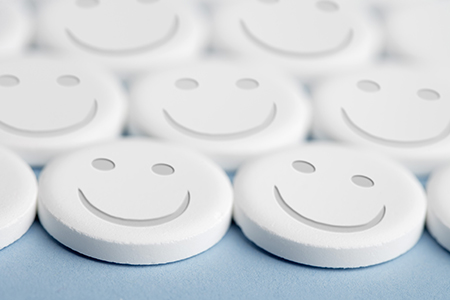 Professor John Read is a Clinical Psychologist in the University of Liverpool’s Institute of Psychology, Health and Society
Professor John Read is a Clinical Psychologist in the University of Liverpool’s Institute of Psychology, Health and Society
“This bizarre level of the medicalization of human distress could be considered a national scandal.
“If there really has been that kind of increase in the number of people needing treatment for depression then we should surely be trying to address the causes of that – starting with poverty, in a country with one of the highest levels of inequality in the world.
Fuelled by drug companies
“I suspect, however, that the increases are largely fuelled by drug companies and psychiatrists with a rather simplistic, biological view of mental health problems, who try to persuade the public that sadness and grief are signs of an ‘illness’ called ‘depression’ which somehow causes our sadness and grief.
“Our 2009 survey of depression websites found that the 42% that are drug company funded promulgated an illness model of depression.
“Our 2014 survey of nearly 2,000 people taking antidepressants found the following rates of adverse effects: sexual difficulties – 62%, emotional numbing – 60%, drowsiness – 58%, reduced positive feelings – 42%, and, of particular concern, suicidality 39%.
No more effective than a placebo
“Furthermore these drugs have been shown to be no more effective than a placebo for all but a small minority of the most severely depressed people, meaning that the vast majority are being exposed to these adverse effects without receiving any benefit beyond the placebo effects of hope and expectation.
“The situation is likely to become even worse if doctors deploy the new diagnostic criteria for depression in the recently published fifth edition of the `Diagnostic and Statistical Manual’ which reduces the time of ‘normal’ grieving after the loss of a loved one from two months to two weeks, after which time one supposedly has a disorder in need of treatment.”
Read the original report in The Telegraph here
